It is less of a problem to be poor, than to be dishonest
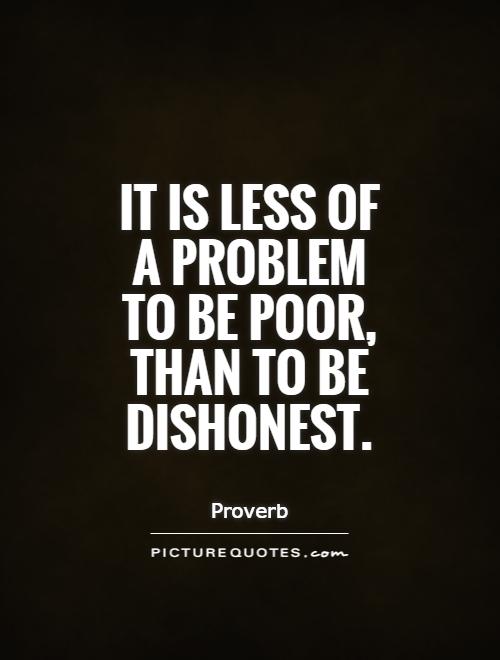
It is less of a problem to be poor, than to be dishonest
The proverb "It is less of a problem to be poor, than to be dishonest" speaks to the importance of integrity and honesty in one's character. While poverty may bring about its own set of challenges and difficulties, the consequences of being dishonest can be far more damaging in the long run.Being poor may mean struggling to make ends meet, facing financial insecurity, and lacking access to basic necessities. However, these challenges can often be overcome through hard work, perseverance, and the support of others. In contrast, being dishonest can have lasting repercussions on one's reputation, relationships, and overall well-being.
When a person is dishonest, they lose the trust and respect of those around them. This can lead to strained relationships with family, friends, and colleagues, as well as a tarnished reputation in the community. Once trust is broken, it can be difficult to regain, making it harder to build meaningful connections and succeed in various aspects of life.
Furthermore, being dishonest can have legal and ethical implications. Engaging in deceitful behavior can lead to legal consequences, such as fines, lawsuits, or even criminal charges. In addition, dishonesty can also have a negative impact on one's mental and emotional well-being, leading to feelings of guilt, shame, and anxiety.
On the other hand, being poor does not necessarily define a person's character or moral values. Many individuals who are struggling financially still maintain their integrity and honesty, despite their circumstances. They may face challenges and hardships, but they do so with dignity and honesty, knowing that their actions are guided by principles of integrity and respect.
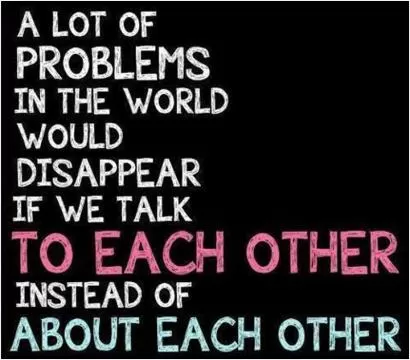
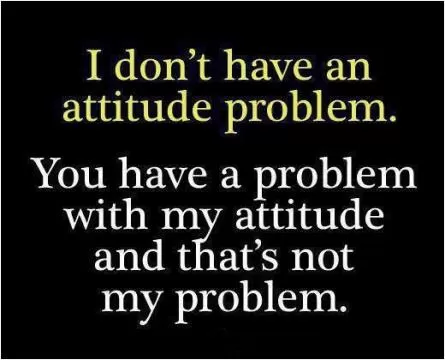

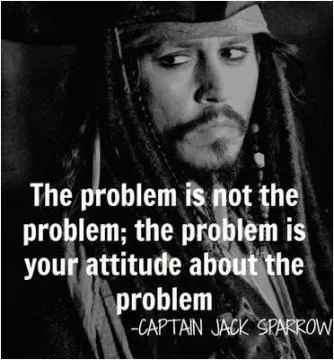

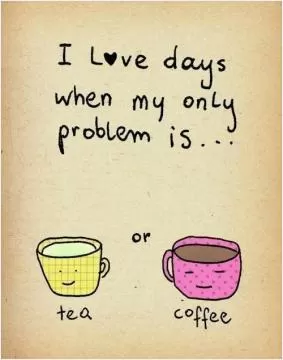

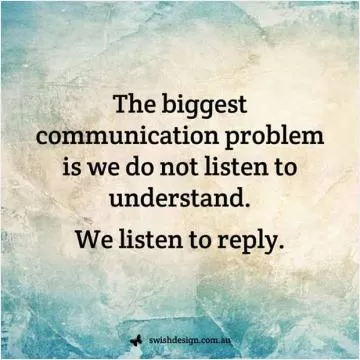
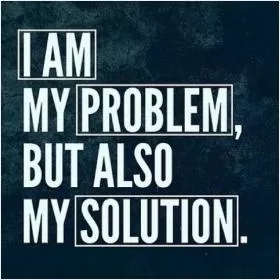

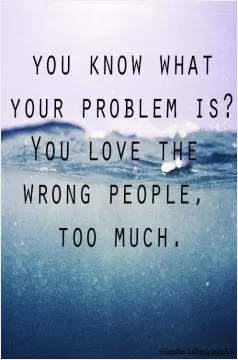

 Friendship Quotes
Friendship Quotes Love Quotes
Love Quotes Life Quotes
Life Quotes Funny Quotes
Funny Quotes Motivational Quotes
Motivational Quotes Inspirational Quotes
Inspirational Quotes